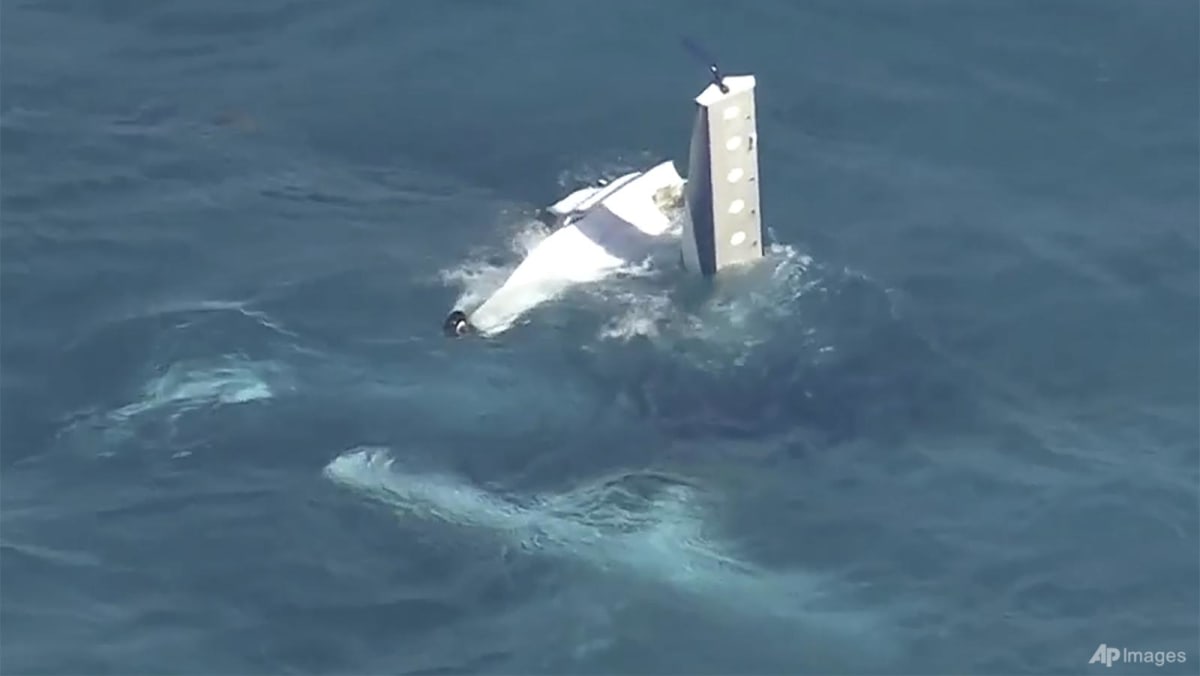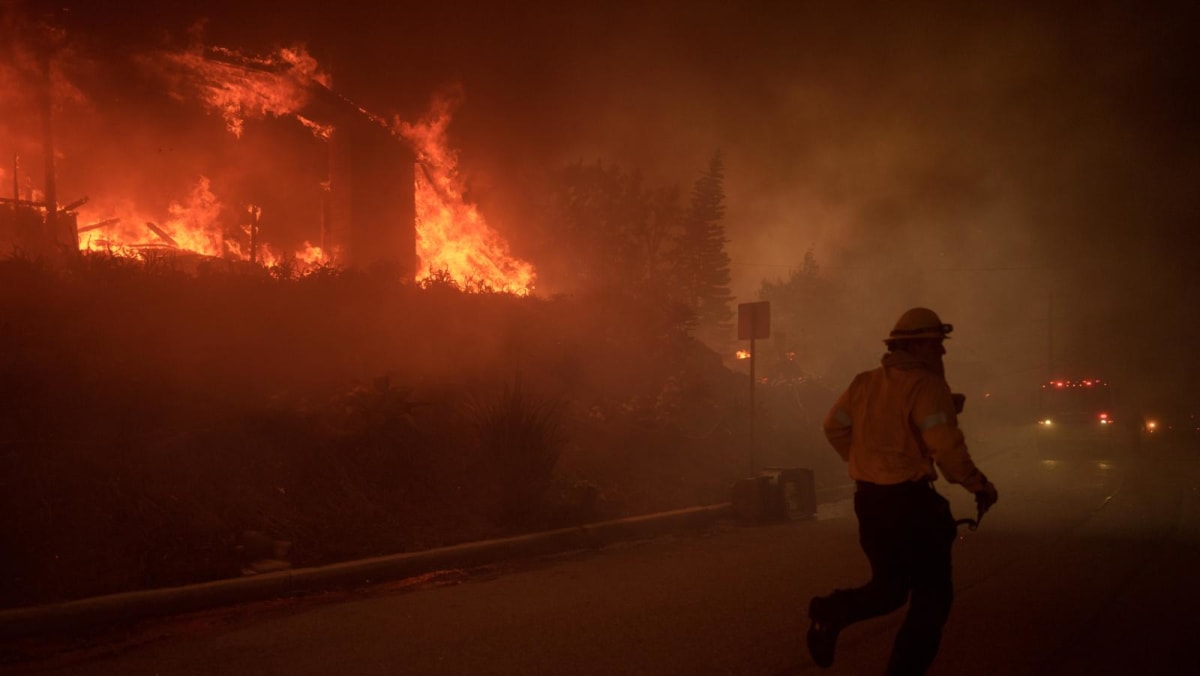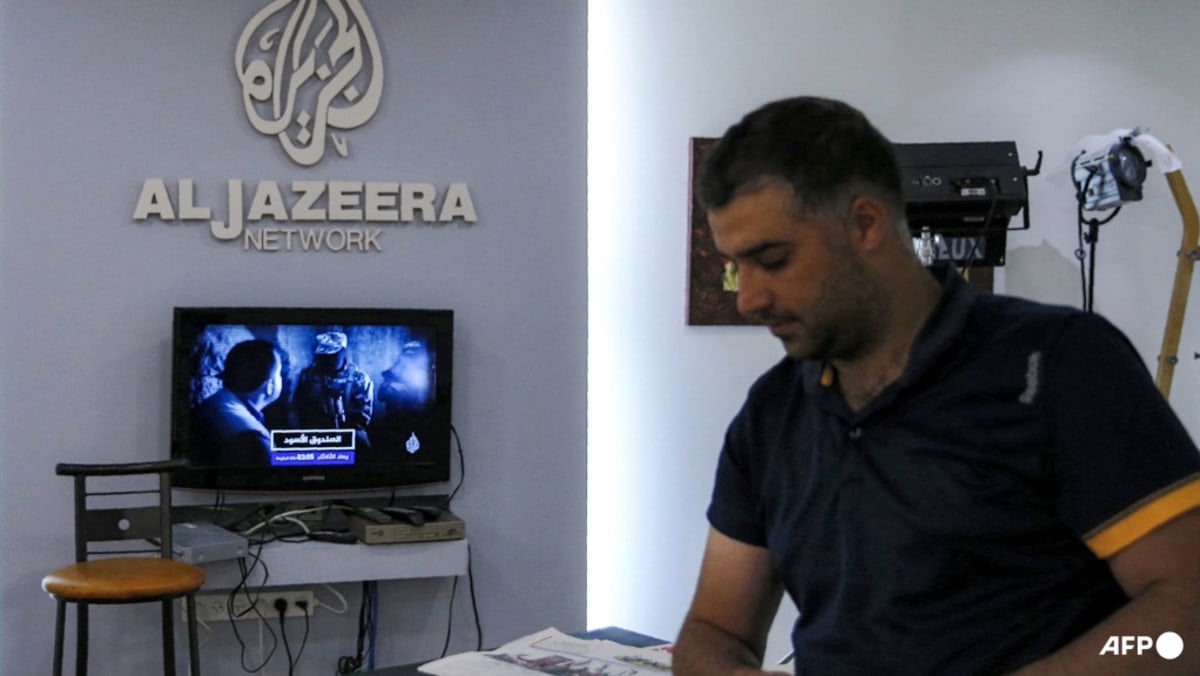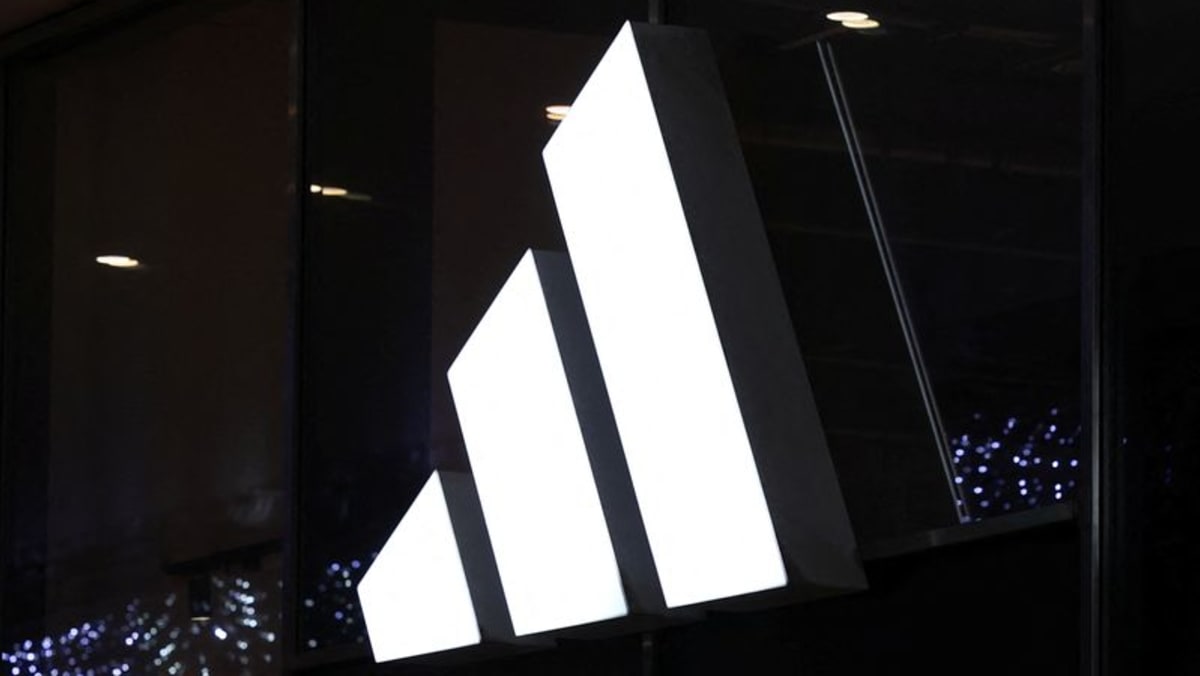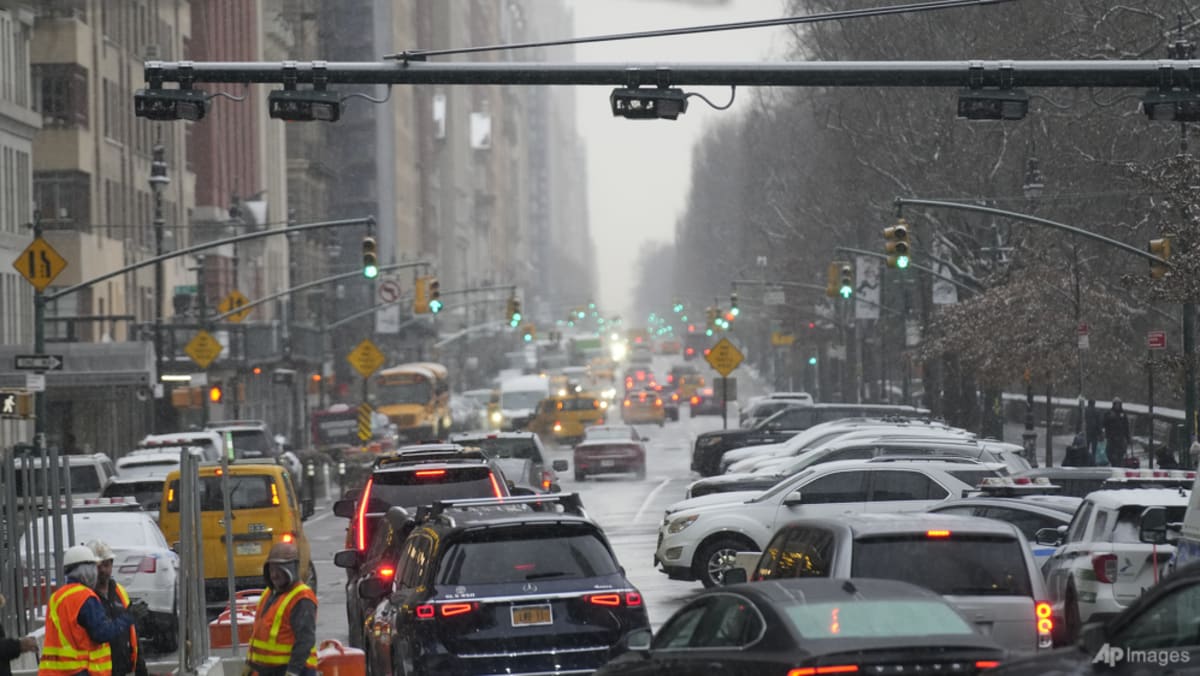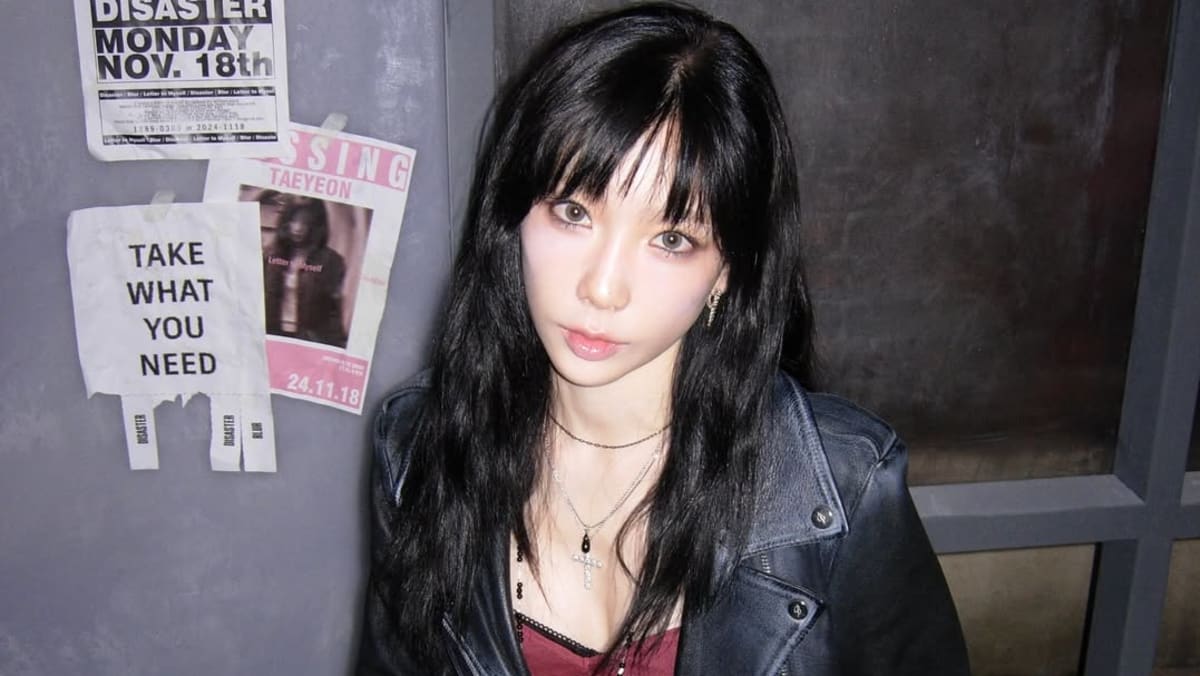UN Human Rights Council prolongs Russia monitoring
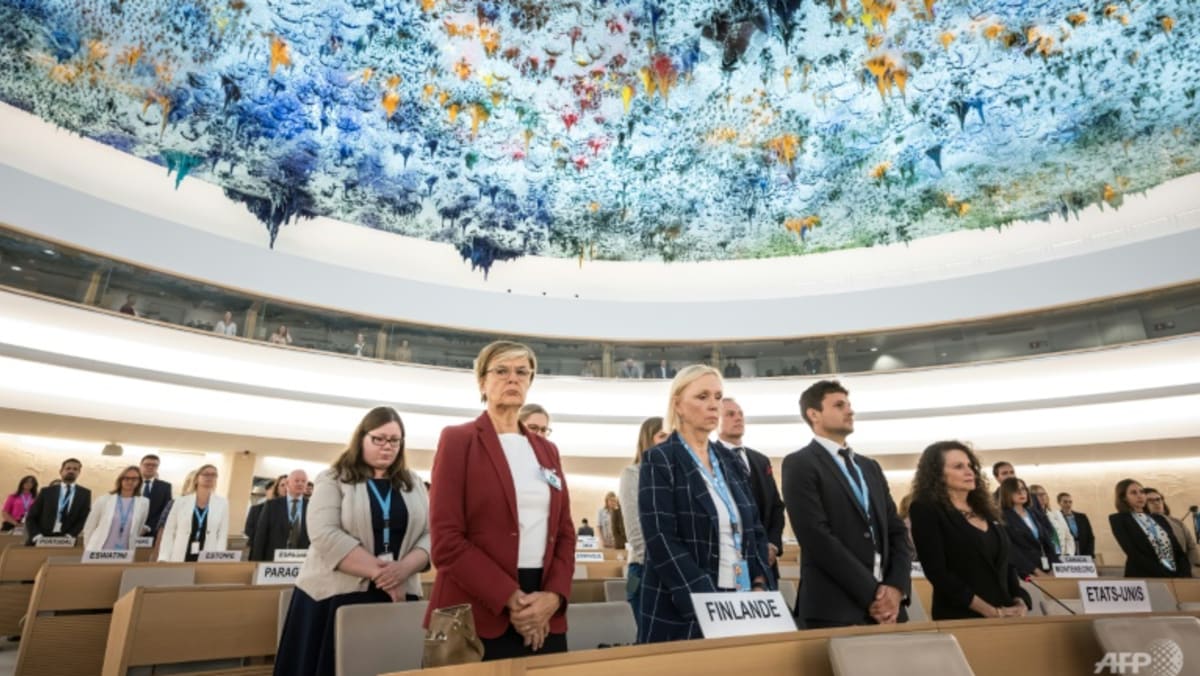
The resolution passed Thursday calls on Moscow to establish “constructive communication and full cooperation” with Katzarova and allow her unhindered access, including to meet freely with civil society and individuals in detention.
Moscow has refused to let her in and not recognised her mandate.
“No country is above scrutiny, no matter how upsetting or embarrassing they find it; no matter how strong their military is … and no matter how aggressively they threaten or cajole other countries,” US ambassador Michele Taylor told the council before Thursday’s vote.
Luxembourg’s ambassador Marc Bichler, presenting the resolution, said: “Just like all human beings everywhere, the inhabitants of Russia deserve to live freely and enjoy all of their human rights … regrettably, the authorities have decided otherwise.”
The resolution said it was gravely concerned at the “continued significant deterioration of the situation” of human rights in Russia, citing reports of “the extrajudicial killing of government critics and severe restrictions” on freedom of opinion.
It also voiced alarm at reported mass arbitrary arrests, “the lack of an independent judiciary, the denial of the right to a fair trial … the blocking and forced closure of nearly all independent media outlets” and “cyber-surveillance to control information and intimidate and silence critics”.
“SOPHISTICATED” REPRESSION
Presenting the findings of her first report last month, Katzarova said repression in Russia had soared since Moscow’s full-scale invasion of Ukraine in February 2022, reaching levels not seen since Stalinist times.
“The level of repression against the civil society independent media, and generally anybody with a dissenting voice … is unprecedented in recent history,” she told reporters.
She lamented Moscow’s “enormous crackdown” on critics since invading Ukraine.
“Civic society in Russia has been closed by the authorities,” she said, adding that the “repression is very sophisticated”, with new laws presented virtually every week “to stifle” any form of criticism or dissent.
Before Thursday’s vote, British ambassador Simon Manley said the special rapporteur was a “vital link between the international community and the oppressed people of Russia”.
China’s representative said the council was becoming “increasingly politicised and confrontational”.
Cuban ambassador Juan Antonio Quintanilla Roman said such resolutions were “only intended to point the finger at certain states for geopolitical purposes”.
Russia declined the opportunity to take the floor.
Source: CNA


